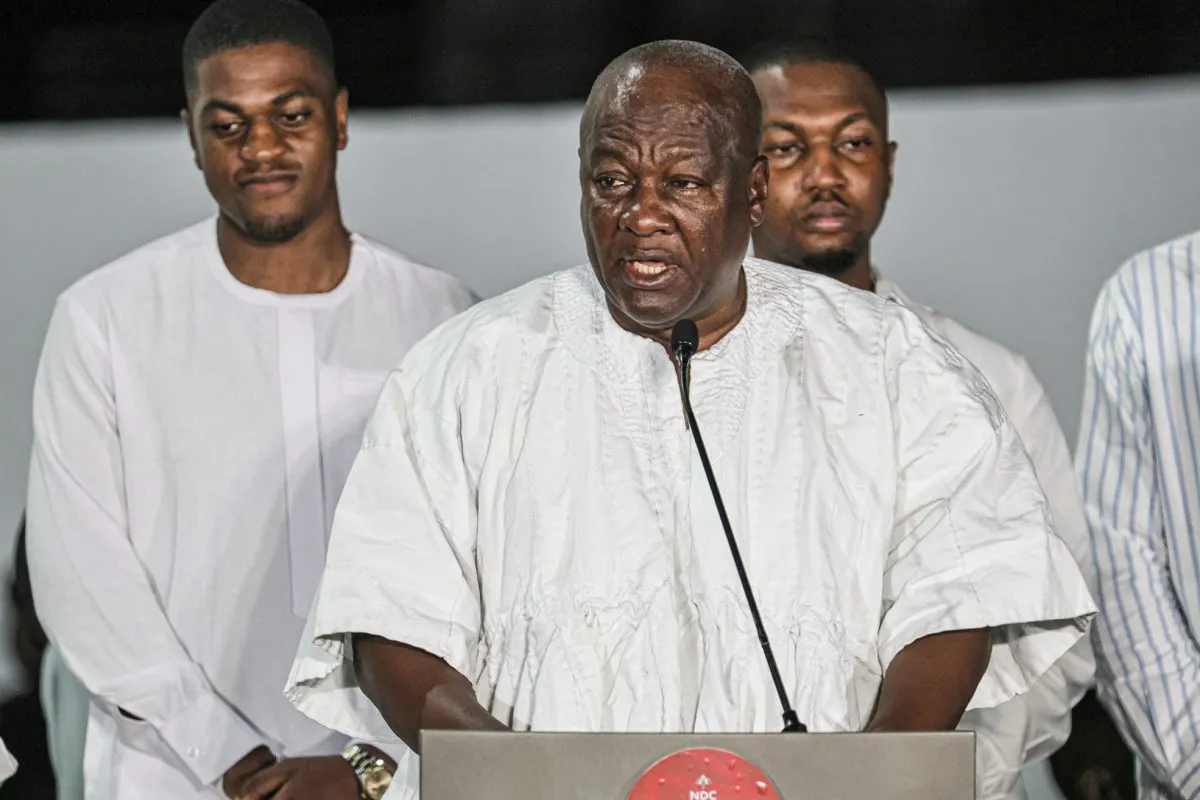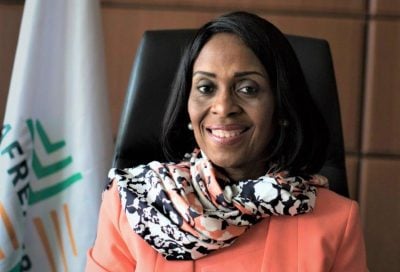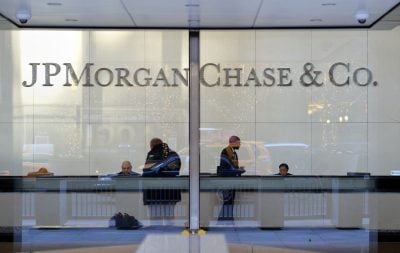Former President John Mahama, who secured a return to office with victory in Ghana’s election at the weekend, has pledged to boost spending and ease cost of living pressures, but faces a tough task squaring his priorities with existing commitments under a $3bn IMF bailout.
While he has yet to offer further clarity on his campaign pledges, Mahama, who led the country from 2012-17, said in a victory speech that his win offered “a new beginning, a new direction” for Ghana, which has been wracked by high inflation and declining living standards.
He previously pledged to establish a “National Economic Recovery Task Force” in his first month in office, which will include representatives from across industry and will be tasked with suggesting practical ideas for boosting growth and living standards while turning Ghana into a “24-hour economy”.
To try and boost stimulate greater activity in the private sector, Mahama has also suggested he would expand credit for small and medium-sized enterprises and create more business incubators. He also pledged to bring back the “Jobs for Youth” scheme to boost employment among young people, and to halt the controversial imposition of VAT on essentials such as food and petrol in order to ease cost of living pressures.
After a period of austerity in the aftermath of Ghana’s debt default in 2022, Mahama has also promised to increase investment in areas including education, public health, and infrastructure.
Will plans clash with IMF pledges?
This could mark a change of direction as the previous government sought to cut public spending and increase tax revenues as part of the IMF’s $3bn bailout to help Ghana restore macroeconomic stability and ease the country’s debt burden.
There are therefore question marks regarding the extent to which Mahama’s social democratic National Democratic Congress (NDC) will be able to implement its plans under the current agreement.
Speaking to African Business shortly before the poll, Jervin Naidoo, political analyst at Oxford Economics Africa, said that plans to increase spending were likely to run up against the strictures of the IMF programme.
“In terms of requests and short-term economic impact there won’t be too much because Ghana is constricted by the IMF programme, so a lot of the fiscal policy from the government is going to be restricted”.
S&P Global Ratings forecasts that the result “implies smooth transition and policy continuity in Ghana.”
“The incoming president has expressed a desire to rebalance fiscal consolidation – shifting toward expenditure cuts and away from revenue mobilisation…Given the constraints on accessing commercial financing, and a preference for both a stable exchange rate and additional build-up in foreign reserves, the incoming administration appears committed to maintaining tight fiscal and monetary policies, while putting its own stamp on specific government spending programs.”
Mahama told Bloomberg as recently as November that he would try to renegotiate the terms of the IMF bailout.
“We need to look at how we can refinance some of this so that we smoothen out the trajectory of the debt repayments,” he said.
But S&P believes the government will stay the course.
“The NDC has said it will continue to comply with the conditions set as part of Ghana’s three-year IMF Extended Credit Facility program, which include meeting ambitious primary budgetary targets.”
An unenviable task
For the past eight years, Ghana has been governed by President Nana Akufo-Addo of the New Patriotic Party (NPP), during which time Ghana has seen its worst economic turmoil for decades.
While practically every African economy took a hit due to the Covid-19 pandemic, Ghana suffered particularly badly because of government spending that saw national debt soar to over $50bn, representing almost 85% of GDP in 2023. In 2022, Ghana defaulted on most of its external, dollar-denominated debt amid rising interest rates and a stronger dollar.
Meanwhile, high levels of inflation have continued to chip away at citizens’ purchasing powers and standards of living, with prices rising at a rate of over 37% last year. This was partly because of Ghana’s massive trade deficit and the fact that a dramatically weakened Ghanian cedi has pushed up the price of imported essentials in local currency terms. The US dollar has strengthened by almost 180% against the cedi since 2020.
Voters have now punished the ruling NPP for this, with the incoming president pledging a significant change of direction. However, balancing the need to bring down Ghana’s external debt levels and secure the IMF’s financial support, while satisfying voters’ demands for higher spending and investment, is an unenviable task for the new administration in Accra.
Want to continue reading? Subscribe today.
You've read all your free articles for this month! Subscribe now to enjoy full access to our content.
Digital Monthly
£8.00 / month
Receive full unlimited access to our articles, opinions, podcasts and more.
Digital Yearly
£70.00 / year
Our best value offer - save £26 and gain access to all of our digital content for an entire year!

 Sign in with Google
Sign in with Google 



